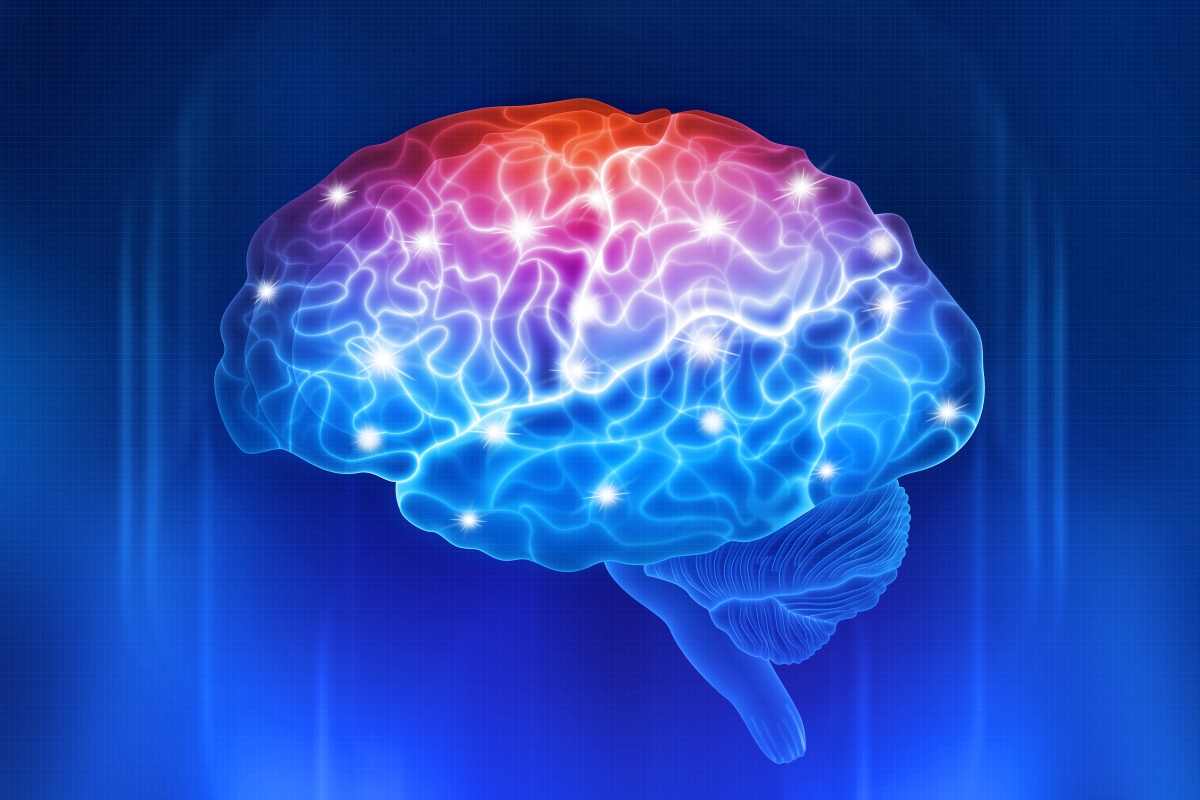Dietary fructose-induced gut dysbiosis promotes mouse hippocampal neuroinflammation: a benefit of short-chain fatty acids
Li et al. had previously demonstrated that a high-fructose diet causes a hippocampal neuroinflammatory response and neuronal loss in animals, but in this study Li and the team (2019) explored the changes in gut microbiota and intestinal epithelial barrier that accompany hippocampal neuroinflammation due to the high-fructose diet. The hippocampal neuroinflammatory response, reactive gliosis and neuronal loss were all observed in the C57BL/6N mice due to the consumption of a high-fructose diet. Broad-spectrum antibiotics were used to deplete gut microbiota and suppress the inflammatory response in the hippocampus but neuronal loss was still observed. Also seen in the fructose-fed mice were gut microbiota compositional alterations, reductions in short-chain fatty acids (SCFAs), intestinal epithelial barrier impairment, NOD-like receptor family pyrin domain-containing 6 (NLRP6) inflammasome dysfunction, high levels of serum endotoxin, and FITC-dextran. The scientists noted SCFAs and pioglitazone (a selective peroxisome proliferator-activated receptor gamma (PPAR-γ) agonist) shaped the gut microbiota and ameliorated intestinal epithelial barrier impairment and NLRP6 inflammasome dysfunction in the mice. Although SCFAs-mediated NLRP6 inflammasome activation was inhibited by histamine (a bacterial metabolite) in ex vivo colonic explants and suppressed in murine CT26 colon carcinoma cells transfected with NLRP6 siRNA, pioglitazone and GW9662 (a PPAR-γ antagonist) exerted no impact on SCFAs-mediated NLRP6 inflammasome activation in ex vivo colonic explants. This suggests SCFAs may stimulate NLRP6 inflammasome independently of PPAR-γ activation. Incidentally, SCFAs and pioglitazone prevented fructose-induced hippocampal neuroinflammatory response and neuronal loss in mice, as well as activated colonic NLRP6 inflammasome and increased DCX+ newborn neurons in the hippocampal DG of control mice. In this study Li et al. (2019) discovered that gut dysbiosis is a critical factor for a high-fructose diet-induced hippocampal neuroinflammation in C57BL/6N mice and may be mediated by impairing intestinal epithelial barrier. Moreover, SCFAs can stimulate NLRP6 inflammasome and ameliorate the impairment of intestinal epithelial barrier, resulting in the protection against a high-fructose diet-induced hippocampal neuroinflammation and neuronal loss. To conclude, the team of researchers highlighted a new intervention strategy for reducing the risk of neurodegenerative diseases through supplementation of SCFAs or dietary fiber consumption. [NPID: brain, Western-style diet, WS diet, high fructose, gut health, short-chain fatty acids, inflammation, gut microbiota, neurodegenerative disease, dietary fiber]
Year: 2019
 Navigation
Navigation






